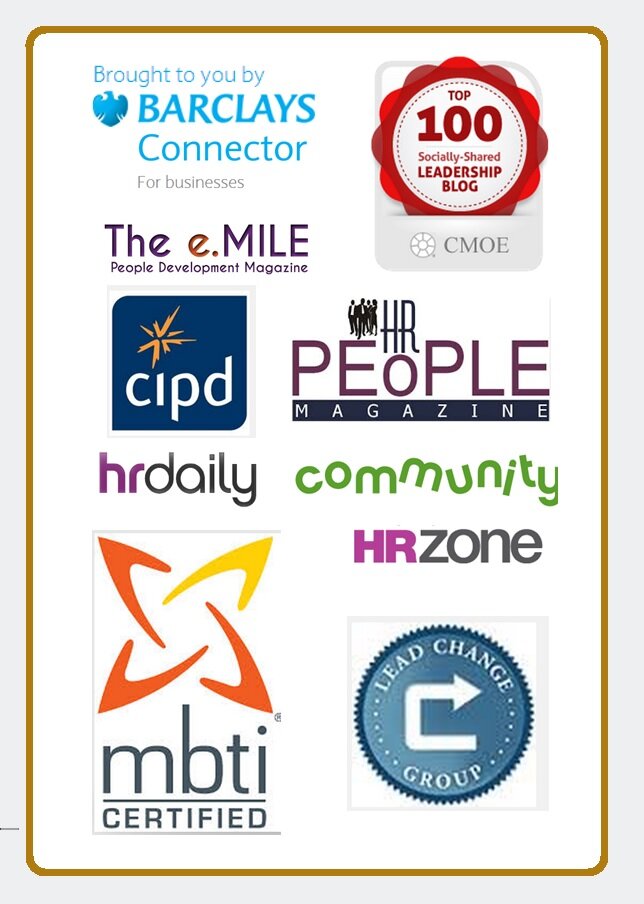Are you creative in your routine?
A human myth is that there are creative people and people who simply aren’t. The truth is that we are all creating. Some of us simply create more routine in our lives than others. Some create a more adventurous lifestyle, hone artistic qualities or even can create much drama in their lives. One of the determinants of how you will use your creative skills will be based on your personality preferences.
MBTI (Myers Briggs Type Indicator), is based on the psychology of Carl Jung, where he identified eight distinct personality functions which can strongly influence the way we create our world, our creative approach will differ depending on our type preference.
Until I understood my personality type preferences I used to judge myself for “not having more attention to detail” and for preferring to spend time on my own than with friends (not always, but often!), or for having millions of ideas and not being able to finish implementing many of them. Realising that I had unconscious preferences to be a certain way, but I could choose to do things differently, even if that felt uncomfortable; was extremely liberating.
The relevance of all that is that while some people love routine and feel lost without it, for me I get bored very easily with routine tasks, I love starting new projects, a varied workload and trying new things. At this time in my life I have learned enough about myself and created sufficient discipline to get the routine stuff out of the way, but I simply don’t enjoy it, procrastinate too often and look forward to the utopian day when I can afford to pay others to carry out the routine tasks to free me up to vision, imagine and create new adventures.
Setting up my new business has been a steep learning curve. I have been self-employed in the past but simply worked as an associate and worked with many different companies. This time, I’m actually setting up a business, which means it has to have outcomes, structure, financial plans and on and on. Up until a few months ago I actually sang my way into the office every day. Using my imagination to decide what I wanted to create, with real meaning and purpose has been exciting, new and adventurous.
A few months ago the social media side of the business took a remarkable positive turn which meant lots of services being delivered to new clients. Enviable isn’t it? Well yes it certainly is and we are counting our blessings every day. The problem of course for me is it meant routine work increased because we simply had to deliver. Not my strong preference!
This great article is from the our 6 months themed series based on the Centre for Creative Leaderships Report of 2013, in which they identified the 6 top challenges for leaders across the globe: Don't Miss Out! Sign up here to be notified of subsequent issues and posts

If you are a leader, you are continually developing and "Sharpening the Saw". If you lead and manage teams, then you must read about our Inspirational New Leadership Programme. Sign up now to find out more details when we launch in July 2014. There is no obligation to undertake the programme, if you sign up today, you will simply be sent more information about the programme. You can unsubscribe at any time! Click below to register for further information.



 The Crucial Practice for Leaders
The Crucial Practice for Leaders Do Followers know what their leaders want?
Do Followers know what their leaders want?
